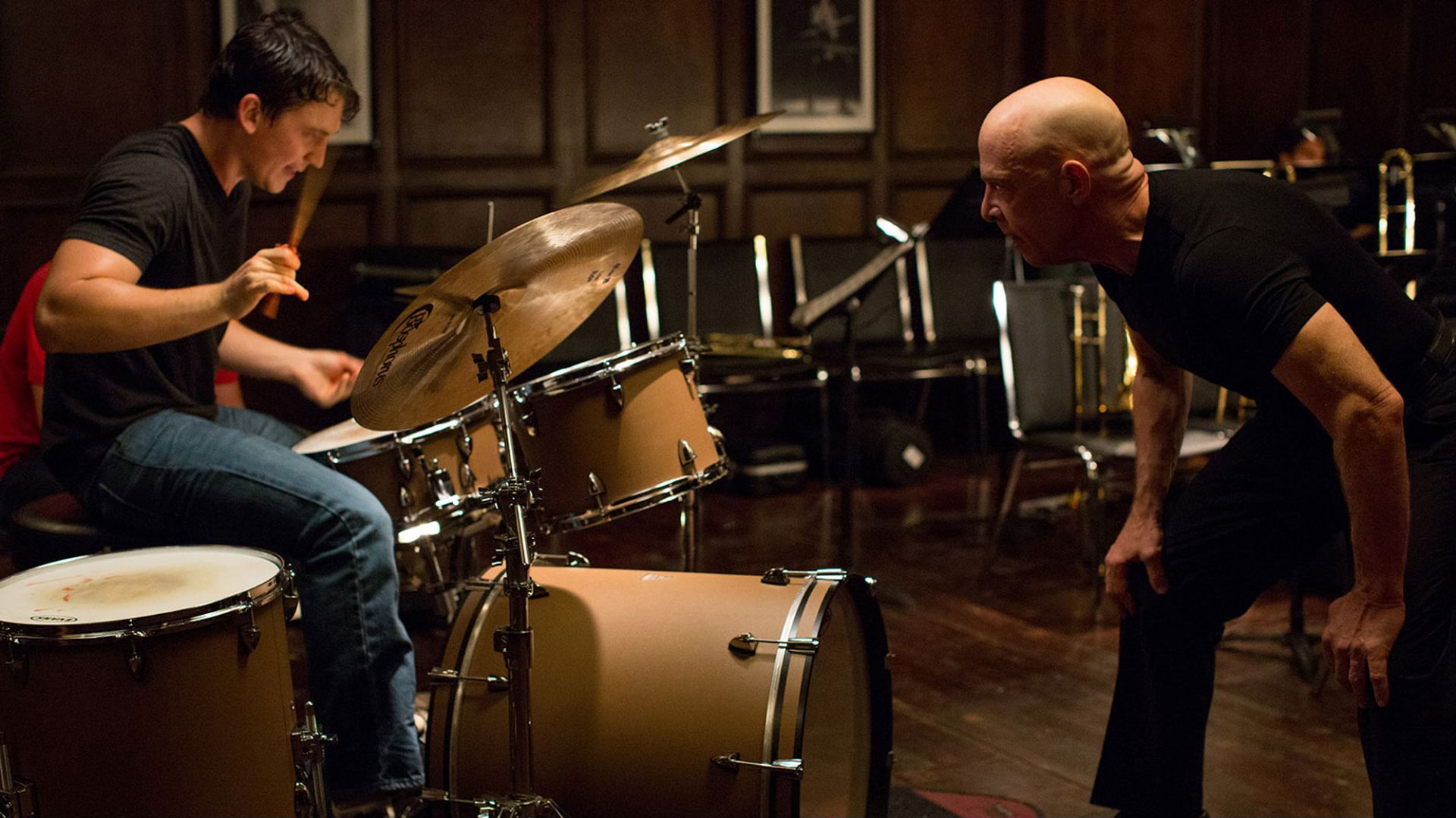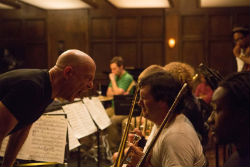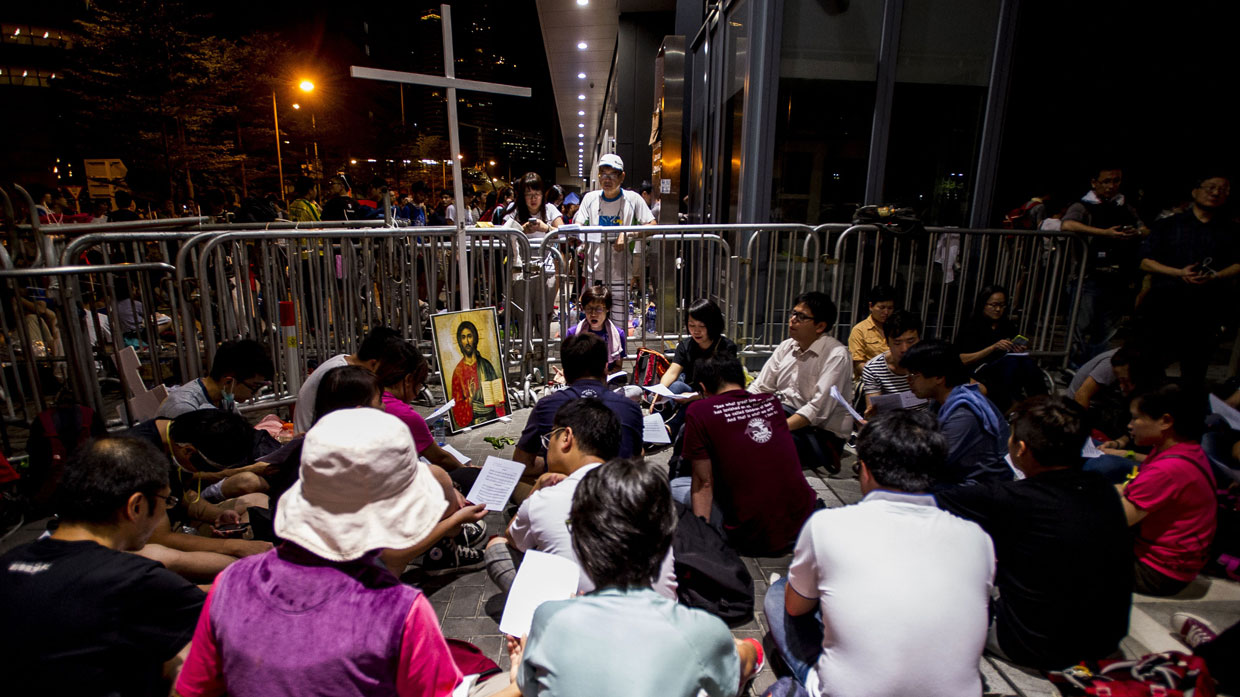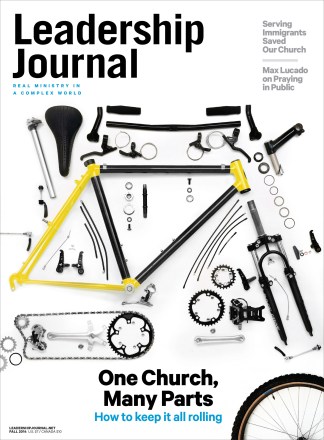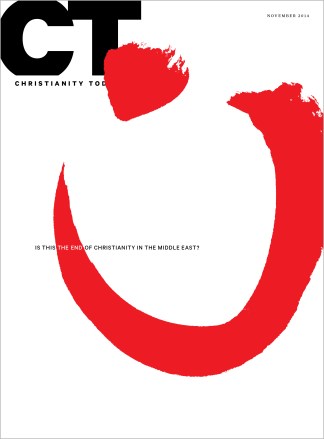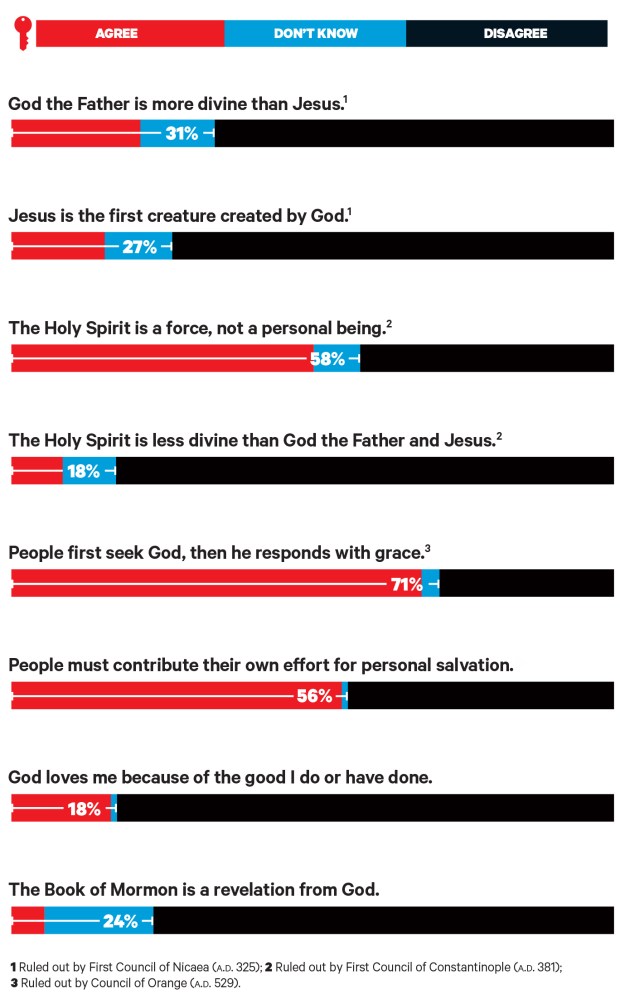Our culture's propensity to forget the elderly and weak is particularly disturbing when forsaking is a family matter. Here's PARSE regular Daniel Darling with a much-needed call to encourage compassionate care of parents among Christians. – Paul
“Yeah, well, we’re leaving tomorrow for vacation.”
This was the stunning response I received from the adult daughter of an ill and elderly church member when I called to let them know her father was in the hospital, hanging on to life.
These were otherwise professing, faithful, generous believers who, nonetheless, seemed dismissive about their parents.
I wish I could say this was a rare exception, but I’d be lying. When I pastored a mostly elderly congregation, I was shocked at the cavalier attitude of their Christian children. These were otherwise professing, faithful, generous believers who, nonetheless, seemed dismissive about their parents.
I’m not referring to the very difficult decision many face of whether to personally care for parents in the home or to find them a facility where their needs can best be met. This is always a complex and difficult decision and it’s not the same for every family in this situation. What is clear, however, is the responsibility of children to stewardship, oversight, and compassion for parents in their twilight years.
I know some children who found this kind of care a sacred honor, even though the hours were often filled with thankless tasks and sad realities. Elder care can be a grueling and lonely grind.
What disturbed me were the others, too many of them, who offered a “not my problem” approach, a kind of blame-shifting, pass-the-baton attitude that leaves family members without the resources to live the last years of life with dignity.
Sometimes this responsibility was shifted to the church. A refrain I often heard was “Isn’t this the church’s problem?” There is some truth here. Christ’s body is supposed to look out for the marginalized, particularly those in their advanced years. I was always amazed at the level of care and generosity exhibited by our small congregation. But there are some levels of care and decision-making that even the most resourced, well-meaning churches can’t provide, such as power-of-attorney, difficult housing decisions, and medical decisions. What’ s more, the church shouldn’t enable abdication of responsibility by family.
A theology of parental care
So where does this indifference come from? Why does this exist among Christian children of elderly parents? There are likely quite a few complex factors, but I wonder if some of this lack of compassion stems from a failure to adequately teach the biblical ethic of “honoring father and mother,” given by God as law in the Pentateuch (Exodus 20:12) and continued in the New Covenant (Ephesians 6:2).
To "honor" in ancient times meant more than what we think that word might mean. It carried with it a commitment for children to care for their parents in their infirm years. This was a countercultural idea, both in the ancient Near Eastern context of Israel and the first century world of the Church. It might be just as countercultural today, in an increasingly utilitarian society. Health care experts are writing, more persuasively, about the elderly’s lack of societal usefulness.
Care for the elderly is not simply “the right thing to do” but a vivid portrait of the gospel story.
This is why care for the elderly is not simply “the right thing to do” but a vivid portrait of the gospel story. The Holy Spirit in us renews our self-centered motivations, reminding us that Christ cared for our spiritual disability while we were spiritually dead and “yet sinners.” Witness Jesus’ words to his beloved disciple John, from the cross. Even while suffering cruel injustice and bearing sin, he made sure his mother Mary would have her physical needs met. “John,” he said, “Behold your Mother.”
We often read Jesus’ final words here as a sign and symbol of the New Covenant, where Christ is calling out a new people with new allegiances. He’s creating a new family, made up of the redeemed from every nation, tribe, and tongue. So John has a new mother and Mary has a new son. Two thousand years later the Spirit is still creating new mothers and new sons in the family of God.
But there is also something else at work here. Jesus was fully human, a real son from a real mother. His submission to the Father’s will in going to the cross didn’t release him from the earthly responsibilities to the one who had wrapped him in swaddling clothes and laid him in the manger, who nurtured him, provided for him, and cared for him as a child.
What does Jesus’ example offer for his followers? It reminds us that honoring our parents isn’t simply payback for their care for us in childhood. It’s not a reward dependent on how well they parented us. Care for your parents is a reflection of what we believe about the gospel.
It seems we need to recover this ethic in church life. I fear that our good desire to reach the next generation becomes an obsession with youth so much so that we often leave behind the aging. I wonder if we’ve imbibed too much of our culture’s pragmatic utilitarianism that discards people when they are no longer at peak usefulness.
I wonder if we’ve imbibed too much of our culture’s pragmatic utilitarianism that discards people when they are no longer at peak usefulness.
Care of parents, particularly in the latter years, is difficult, grueling, and offers little tangible reward. The elderly seem like speed bumps on the road to relevance. But if we really believe each human life was made in the image of God, if we really believe that every human has intrinsic worth, regardless of utility, we’d do better at embodying this ethic when it comes to equipping our people to care for their elderly parents.
We can do this in several ways. First, we can preach the biblical texts on honoring parents and include the elderly in our preaching on the sanctity of human life. Second, we should be more intentional about fostering intergenerational relationships so the younger see the value of engagement with senior saints. Third, we need to be more intentional about challenging those tempted to abdicate their responsibility to their parents and affirm those who willingly take up the task. Lastly, the church can connect our people to helpful resources in the community that offer help and wise counsel.
Most of all, however, the church must embody the ethic of Jesus on the cross, who embodied the holistic nature of the gospel, which doesn’t only say, “Father forgive them,” but also, “Mother, here is your son.”
Daniel Darling is vice-president of communications for the Ethics and Religious Liberty Commission. He is the author of several books, including his latest, Activist Faith.


